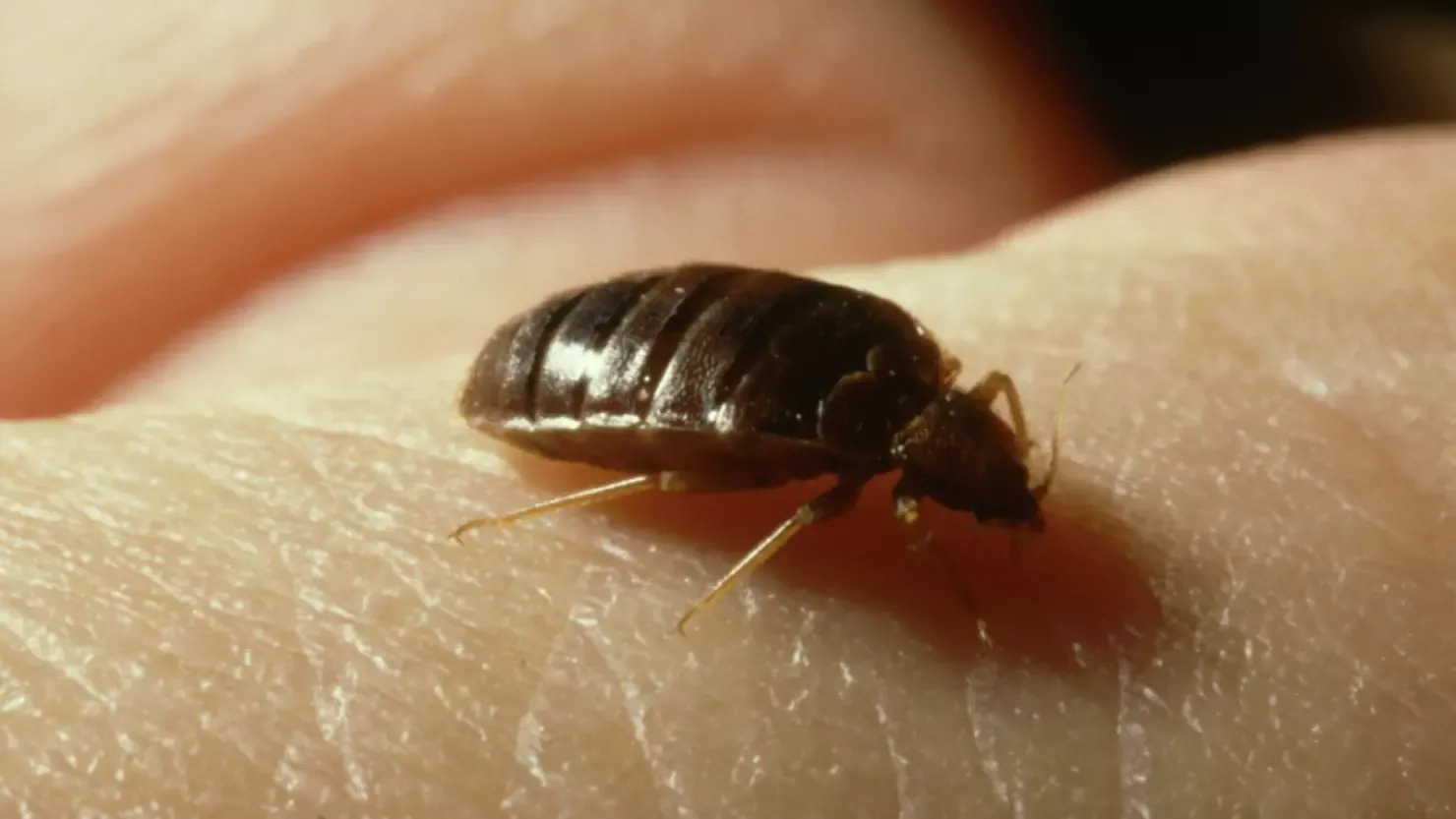North Carolina, known for its picturesque landscapes and vibrant cities, is facing an unexpected challenge: a significant increase in bed bug infestations. These tiny, nocturnal pests are making headlines across the state as they invade homes, hotels, and public spaces. In this comprehensive guide, we will explore how various North Carolina cities are grappling with the bed bug epidemic, the steps they are taking to combat it, and what residents can do to protect themselves.
The Bed Bug Crisis: A Growing Concern
Bed bugs, scientifically known as Cimex lectularius, have become a pervasive issue across the United States, and North Carolina is no exception. These insects feed on human blood and are notoriously difficult to eradicate once they establish a presence. Their resurgence can be attributed to factors such as increased travel, resistance to common pesticides, and changes in pest control practices.
Why Bed Bugs are a Problem
- Health Risks: Bed bug bites can cause itching, allergic reactions, and in some cases, secondary infections due to scratching. Although they are not known to transmit diseases, their presence can lead to significant discomfort and psychological stress.
- Economic Impact: The cost of bed bug eradication can be substantial. Professional pest control services, often required to address severe infestations, can be expensive. Additionally, businesses, especially hotels, face reputational damage and loss of customers.
- Resistance to Pesticides: Bed bugs have developed resistance to many of the chemicals used to control them, making treatment more challenging.
City Spotlight: Combatting the Bed Bug Invasion
1. Charlotte
Charlotte, North Carolina’s largest city, has seen a marked increase in bed bug reports over the past few years. The city’s bustling hospitality industry and dense population contribute to the spread of these pests.
- Statistics: According to local pest control reports, Charlotte experienced a 35% increase in bed bug cases from 2022 to 2023.
- Measures Taken: The Charlotte-Mecklenburg Housing Partnership has implemented educational programs for landlords and tenants, focusing on prevention and early detection. Additionally, the city has partnered with pest control experts to offer free or subsidized treatments for low-income residents.
- Community Initiatives: Charlotte’s community organizations are hosting seminars and workshops to educate the public about bed bug prevention and control. The city’s Health Department is also running a campaign to raise awareness about the signs of infestation and the importance of prompt action.
2. Raleigh
As the state capital, Raleigh faces its own bed bug challenges, particularly in its numerous hotels and rental properties.
- Statistics: Raleigh has reported a 28% increase in bed bug complaints over the past year, according to data from the North Carolina Department of Health and Human Services.
- Measures Taken: The city has introduced a comprehensive bed bug management plan that includes stricter regulations for rental properties and hotels. Property owners are required to perform regular inspections and provide proof of treatment if an infestation is found.
- Community Initiatives: Raleigh’s public health department offers resources and guidance for residents dealing with bed bugs. The city also conducts outreach programs to help those affected understand their rights and the steps they should take.
3. Greensboro
Greensboro, a city known for its family-friendly atmosphere and growing economy, is also battling bed bug infestations.
- Statistics: Bed bug cases in Greensboro have increased by 25% in the past year, with notable spikes in both residential and commercial properties.
- Measures Taken: The Greensboro City Council has allocated funds to support bed bug eradication efforts. This includes grants for local pest control businesses to provide affordable services and public education campaigns.
- Community Initiatives: Greensboro’s approach includes a city-wide awareness campaign that leverages social media and local events to educate residents about bed bug prevention and treatment. The city is also working with local schools to include bed bug education in health curriculum.
4. Durham
Durham, a city renowned for its vibrant cultural scene and educational institutions, is experiencing its share of bed bug problems.
- Statistics: Durham has seen a 30% increase in bed bug incidents over the last year, particularly affecting multi-family housing units and student dormitories.
- Measures Taken: The city has introduced a bed bug task force to address the issue more effectively. This task force works to improve communication between landlords, tenants, and pest control professionals.
- Community Initiatives: Durham’s public health officials are focusing on early intervention strategies and have set up a hotline for residents to report bed bug issues. The city is also offering free workshops to educate the community about identifying and dealing with bed bugs.
5. Winston-Salem
Winston-Salem, with its rich history and growing population, is also confronting a rise in bed bug cases.
- Statistics: The city has reported a 20% increase in bed bug-related calls to pest control services over the past year.
- Measures Taken: Winston-Salem has enhanced its bed bug response plan by increasing funding for local pest control initiatives and providing training for pest control professionals on the latest treatment methods.
- Community Initiatives: Local organizations are hosting bed bug awareness events and distributing informational materials to help residents recognize and manage infestations. The city is also working on creating a bed bug information portal to provide residents with up-to-date resources.
How Residents Can Protect Themselves
While cities are taking significant steps to combat the bed bug invasion, individuals also play a crucial role in prevention and control. Here are some practical tips for residents:
- Regular Inspections: Check for signs of bed bugs, such as bites, blood spots on sheets, and live insects. Regularly inspect your home, especially if you travel frequently or stay in hotels.
- Proper Cleaning: Launder bedding and clothing in hot water and dry on the highest heat setting. Vacuum your home frequently, focusing on areas where bed bugs may hide.
- Use Protective Covers: Encase mattresses and box springs in bed bug-proof covers to prevent infestations.
- Be Cautious When Traveling: Inspect hotel rooms for bed bugs and keep luggage off the floor. Upon returning home, inspect and clean your luggage thoroughly.
- Seek Professional Help: If you suspect a bed bug infestation, contact a licensed pest control professional. Early intervention is key to preventing a more severe infestation.
Conclusion
The bed bug crisis in North Carolina cities like Charlotte, Raleigh, Greensboro, Durham, and Winston-Salem highlights the widespread nature of this issue and the concerted efforts required to address it. While local governments and community organizations are actively working to combat the problem, residents also need to stay vigilant and informed to protect their homes and families. By working together and implementing effective prevention and control measures, North Carolina can mitigate the impact of this unwelcome invader and restore comfort and safety to its communities.
This Article Includes







